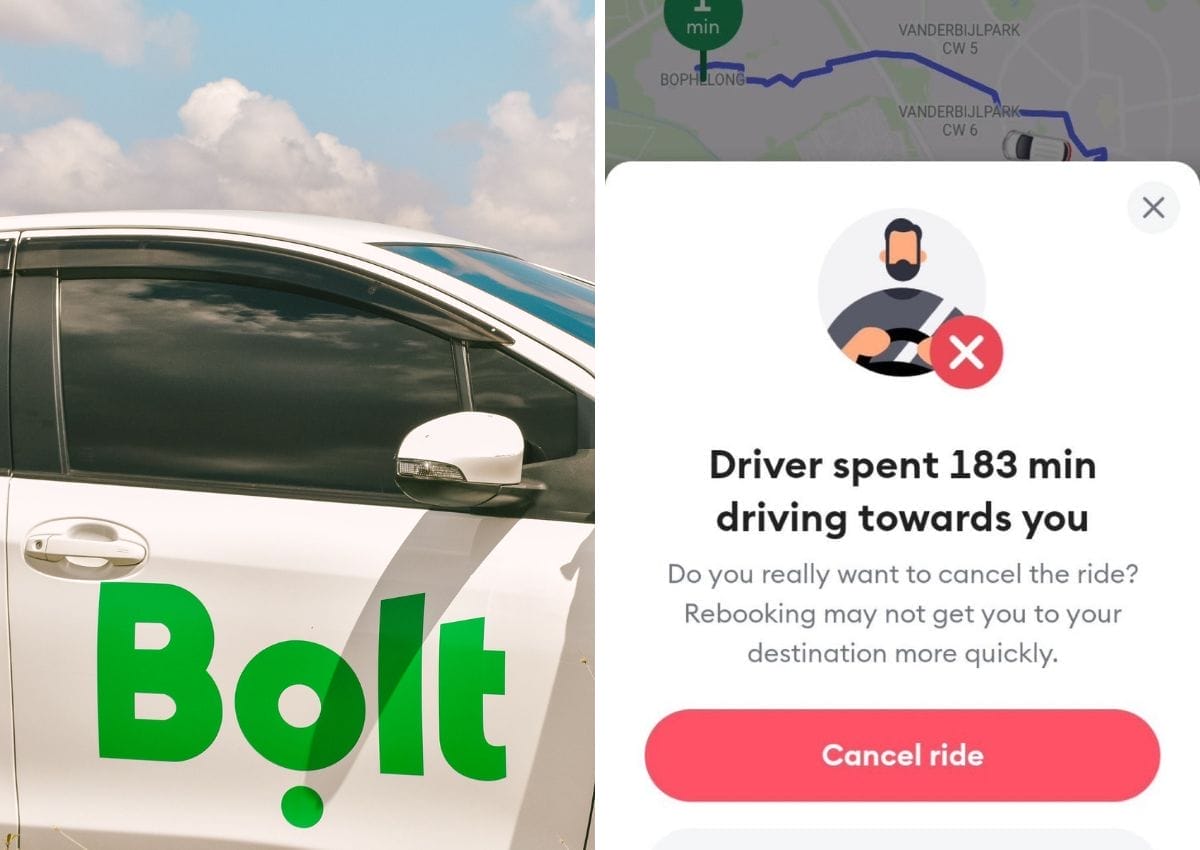In a decisive move to maintain the integrity of its platform, ride-hailing giant Bolt has blocked an undisclosed number of accounts involved in a recent trend of fake ride requests. This crackdown comes as part of Bolt’s efforts to curb a cross-border prank trend that has primarily affected users in Nigeria and South Africa.

The issue surfaced when several users on the social platform X shared screenshots highlighting the trend, where Bolt users in Nigeria and South Africa would request rides in each other’s countries and cancel them once the driver accepted the trip. This prank, believed to have originated from South Africa, saw Nigerian drivers being targeted first, leading to a wave of retaliatory actions from Nigerian users against South African drivers. Both countries have a long history of online rivalry, which has now spilled over into the ride-hailing sector.
Yahaya Mohammed, Bolt’s country manager for Nigeria, addressed the issue, stating, “We understand the impact this situation has had on our driver-partners in Nigeria and South Africa. We are committed to ensuring a safe, reliable, and secure experience for all members of our community.”
The motivations behind these fake ride requests remain unclear, but the consequences for drivers are significant. For instance, a Cape Town-based driver reported driving nearly 50km from Cape Town to Stellenbosch, only to realize the request was a prank. Similarly, drivers in Lagos have expressed their frustration, particularly given the high cost and scarcity of fuel.

“This is inconsiderate to our plight. At a time when fuel is scarce and expensive, no reasonable person should be doing this,” said one angry driver in Lagos.
As Bolt does not reimburse drivers for the fuel spent on canceled rides, some drivers have resorted to refusing long-distance requests until the situation is addressed by the company. The trend has raised serious concerns about the potential misuse of intercountry ride requests, which Bolt has now restricted in an effort to prevent further abuse.
This incident underscores the challenges faced by ride-hailing platforms in managing user behavior across different regions. While Bolt has taken steps to address the issue, the situation highlights the need for ongoing vigilance and the development of more robust safeguards to protect both drivers and riders from similar disruptions in the future.






